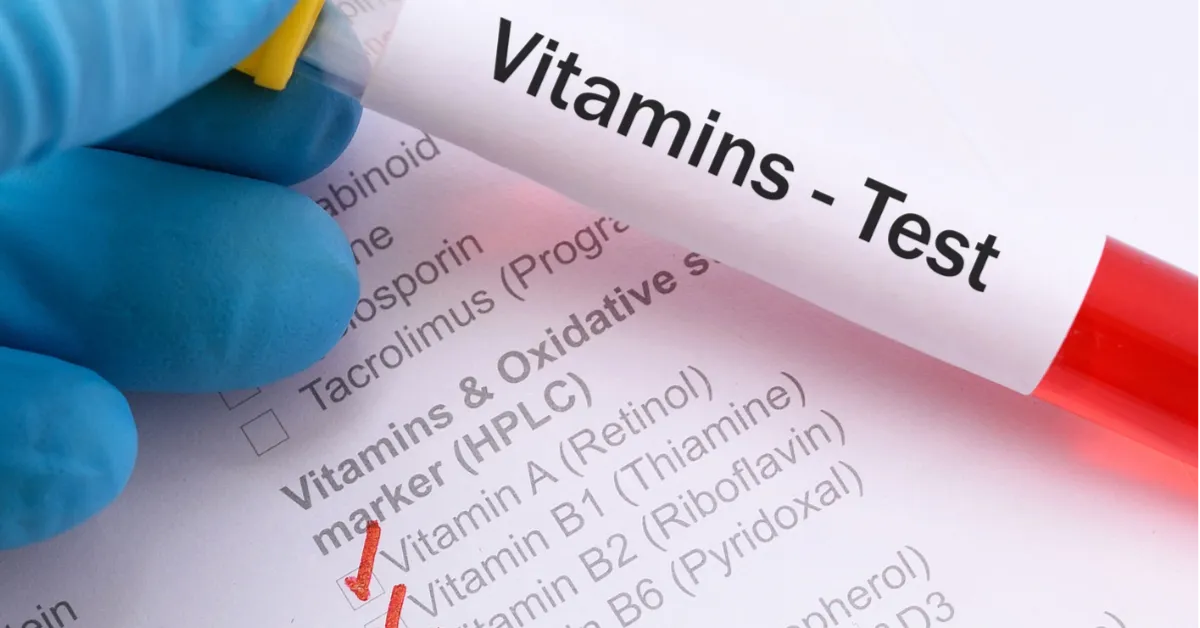ISO 25188 Tocopherol (Vitamin E) Profiling in Edible Oils
The ISO 25188 standard provides a comprehensive approach for the profiling of tocopherols, which are essential vitamins that play a crucial role in human nutrition. Vitamin E is a fat-soluble antioxidant that helps protect cells from damage caused by free radicals. Ensuring the correct levels and composition of vitamin E in edible oils is critical to maintaining product quality and consumer safety.
The profiling process involves quantitative determination and qualitative analysis of various tocopherols present in the oil sample. This includes alpha-tocopherol, beta-tocopherol, gamma-tocopherol, and delta-tocopherol. The test method ensures that each component meets specific standards set forth by ISO 25188.
The standard also provides guidelines for sample preparation, which is critical to achieving accurate results. Proper handling of the samples prevents contamination or alteration of the tocopherols' structure. This includes ensuring the oil remains in a stable state until testing can be conducted.
Instrumentation used in this process typically involves high-performance liquid chromatography (HPLC) with diode array detection, and sometimes gas chromatography-mass spectrometry (GC-MS). These instruments are capable of separating different tocopherols based on their chemical properties, allowing for precise quantification.
The results from the profiling can be used by quality managers to ensure that their products meet regulatory requirements. Compliance officers use these data points to verify adherence to international standards. R&D engineers rely on this information to improve product formulations and ensure consistency across batches. For procurement teams, accurate vitamin E levels help in selecting suppliers who deliver high-quality raw materials.
By adhering to ISO 25188, laboratories provide reliable, repeatable results that are essential for maintaining the integrity of edible oils. This standard helps to prevent potential health risks associated with deficiencies or excesses of vitamin E and ensures product quality meets consumer expectations.
Applied Standards
| Standard Reference | Description |
|---|---|
| ISO 25188:2017 | Method for the quantitative and qualitative determination of tocopherols in fats, oils, and related materials. |
| ASTM D6979-14 | Standard test method for determining alpha-tocopherol content in crude or refined vegetable oils by high-performance liquid chromatography (HPLC). |
| EN 15302:2018 | Method for the analysis of tocopherols and other fat-soluble vitamins in fats and oils. |
Quality and Reliability Assurance
The application of ISO 25188 ensures that laboratories maintain high standards of quality and reliability. This is achieved through rigorous internal audits, regular calibration of instruments, and ongoing staff training to stay updated with the latest methodologies.
Laboratories adhering to this standard also participate in proficiency testing programs, which provide an independent assessment of their analytical capabilities. These programs help identify any areas requiring improvement and ensure consistent performance across all tests conducted.
Quality assurance is further enhanced by implementing robust sample management systems that track every step from initial receipt through final analysis. This transparency ensures traceability throughout the entire process, allowing for quick resolution of any discrepancies or issues that arise during testing.
The use of advanced chromatographic techniques like HPLC with diode array detection allows laboratories to achieve high precision and accuracy in their measurements. By adhering strictly to the protocols outlined in ISO 25188, laboratories can provide clients with confidence knowing they are receiving accurate results that meet international standards.
Reliability is maintained by continuous monitoring of equipment performance and calibration schedules. Regular maintenance checks ensure that all instruments operate at optimal levels, reducing the risk of errors due to faulty machinery or outdated technology.
Use Cases and Application Examples
The profiling of tocopherols in edible oils has numerous applications across various sectors:
- Quality Control: Ensures that each batch of oil meets the required vitamin E content specifications set by regulatory bodies.
- R&D: Allows researchers to understand how different processing methods affect the tocopherol profile, leading to improved formulations.
- Supply Chain Management: Helps in selecting reliable suppliers who consistently deliver high-quality raw materials.
- Packaging and Labeling: Provides accurate data for labeling products with appropriate nutritional information.
In a case study involving a leading food manufacturer, adherence to ISO 25188 helped identify discrepancies between batch-to-batch variations in vitamin E levels. This insight led the company to implement stricter quality control measures during production, ultimately enhancing product consistency and consumer trust.
A nutritionist working with a new dietary supplement formulated using vegetable oils highlighted the importance of accurate tocopherol profiling. By ensuring that each batch met the specified vitamin E content, they were able to provide consumers with reliable nutritional information, supporting healthy eating habits.





